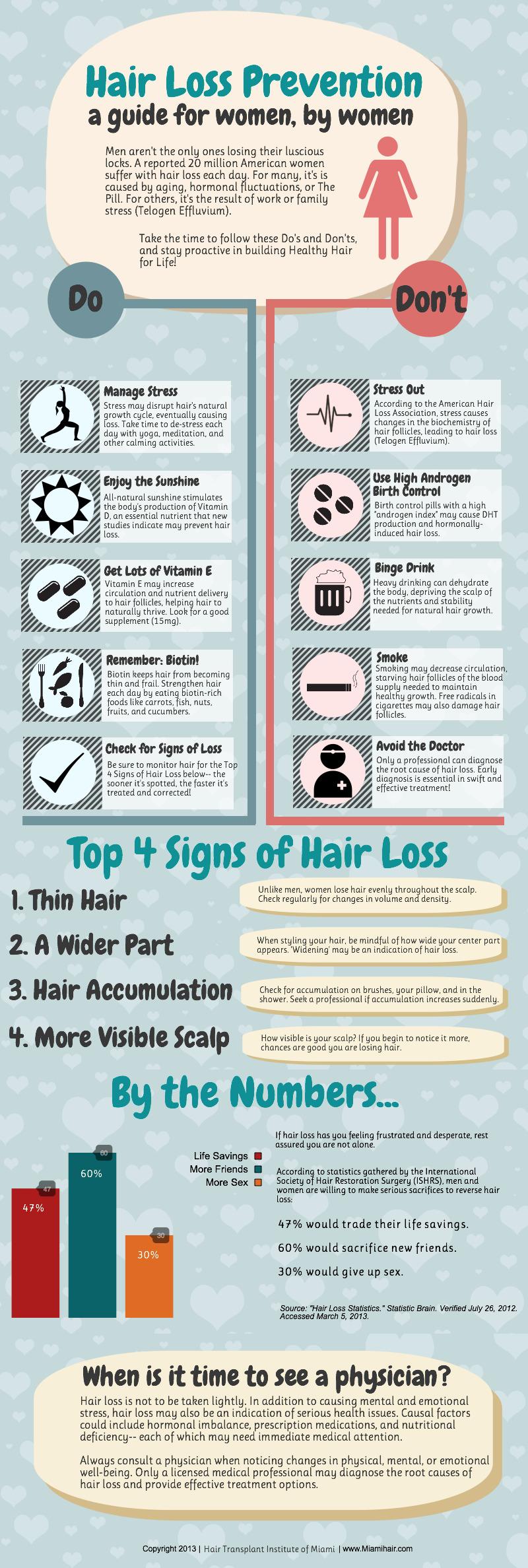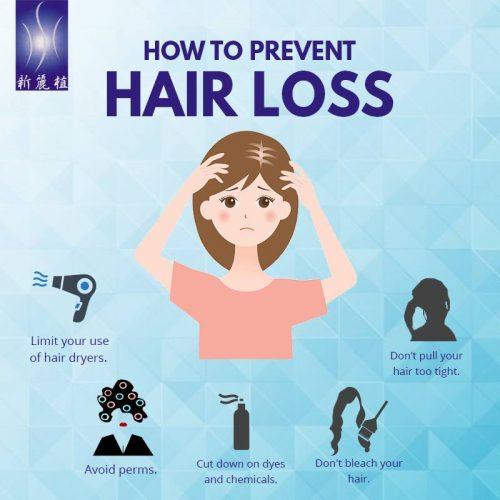
Hair Loss Prevention for Men Over 40
As men age, it’s not uncommon to experience hair loss, particularly after the age of 40. This can be a source of stress and diminished self-esteem for many. However, there are numerous effective strategies and lifestyle choices that can help prevent hair loss and promote healthy hair growth. This guide provides actionable insights and tips tailored specifically for men over 40.
Why Does Hair Loss Occur in Men Over 40?
Understanding the causes of hair loss is the first step in prevention. For men over 40, several factors can contribute to this condition:
- Genetics: Also known as male pattern baldness, this is the most common cause of hair loss and is hereditary.
- Hormonal Changes: Changes in hormone levels, particularly dihydrotestosterone (DHT), can lead to hair thinning.
- Health Conditions: Diseases such as thyroid disorders and diabetes can affect hair growth.
- Stress: Chronic stress can lead to a condition known as telogen effluvium, where hair prematurely enters the resting phase.
Effective Hair Loss Prevention Strategies
1. Maintain a Balanced Diet
What you eat plays a significant role in the health of your hair. Incorporate the following nutrients into your diet:
- Proteins: Hair is made primarily of protein (keratin). Ensure you consume adequate protein from sources such as chicken, fish, beans, and legumes.
- Vitamins: Vitamins A, C, D, and E are essential for hair health. Leafy greens, fruits, nuts, and seeds can help provide these nutrients.
- Iron: Low iron levels can lead to hair thinning. Include iron-rich foods like red meat and spinach in your diet.
- Omega-3 Fatty Acids: These fats help nourish hair follicles. Consider fatty fish such as salmon, walnuts, and flaxseeds.
2. Stay Hydrated
Water plays a vital role in keeping your hair hydrated and healthy. Aim to drink at least 8 glasses of water a day.
3. Manage Stress Effectively
Adopting stress management techniques can significantly impact your hair health. Consider:
- Regular exercise such as jogging, swimming, or yoga.
- Mindfulness practices, including meditation or deep breathing exercises.
- Hobbies that help you relax, like reading or painting.
4. Scalp Care
A healthy scalp promotes hair growth. Follow these scalp care tips:
- Regularly wash your hair with a gentle shampoo to keep the scalp clean.
- Consider massaging your scalp while washing to stimulate circulation.
- Use essential oils like rosemary, peppermint, or lavender to promote hair growth.
Hair Loss Treatments for Men Over 40
If lifestyle changes are not enough, consider seeking out professional treatments:
1. Minoxidil (Rogaine)
Available over the counter, minoxidil is a topical solution that can help stimulate hair growth.
2. Finasteride (Propecia)
This prescription medication can help reduce hair loss by inhibiting DHT production.
3. Hair Transplant Surgery
For more severe cases, surgery may be a viable option. Consult with a dermatologist to discuss the best plan for your situation.
Case Studies: Success Stories of Hair Loss Prevention
| Individual | Age | Strategy Used | Results |
|---|---|---|---|
| John D. | 45 | Dietary changes & Minoxidil | Regrowth after 6 months |
| Mike T. | 50 | Scalp massage & Finasteride | Stable hair thickness after 1 year |
| David S. | 47 | Stress management & Hair transplant | Significant improvement post-surgery |
First-Hand Experience: My Journey with Hair Loss
As a 42-year-old man, I noticed my hair thinning more than I’d like. Initially, I was reluctant to take action, but after researching, I understood how vital early intervention is. I started with dietary changes, focusing on protein and iron-rich foods while staying hydrated. Incorporating scalp massages into my routine made a noticeable difference in how my scalp felt. After six months, I also began using minoxidil, and I’m happy to report I see much fuller hair. What’s worked for me may work for you as well!
Conclusion
Hair loss can be a daunting experience for men over 40, but it doesn’t have to be inevitable. By implementing a healthy diet, managing stress, taking care of your scalp, and considering medical treatment options, you can significantly reduce hair loss. Remember, it’s essential to consult with healthcare professionals for personalized advice tailored to your specific situation. With the right approach, you can maintain a healthy head of hair and boost your confidence well into your golden years.










